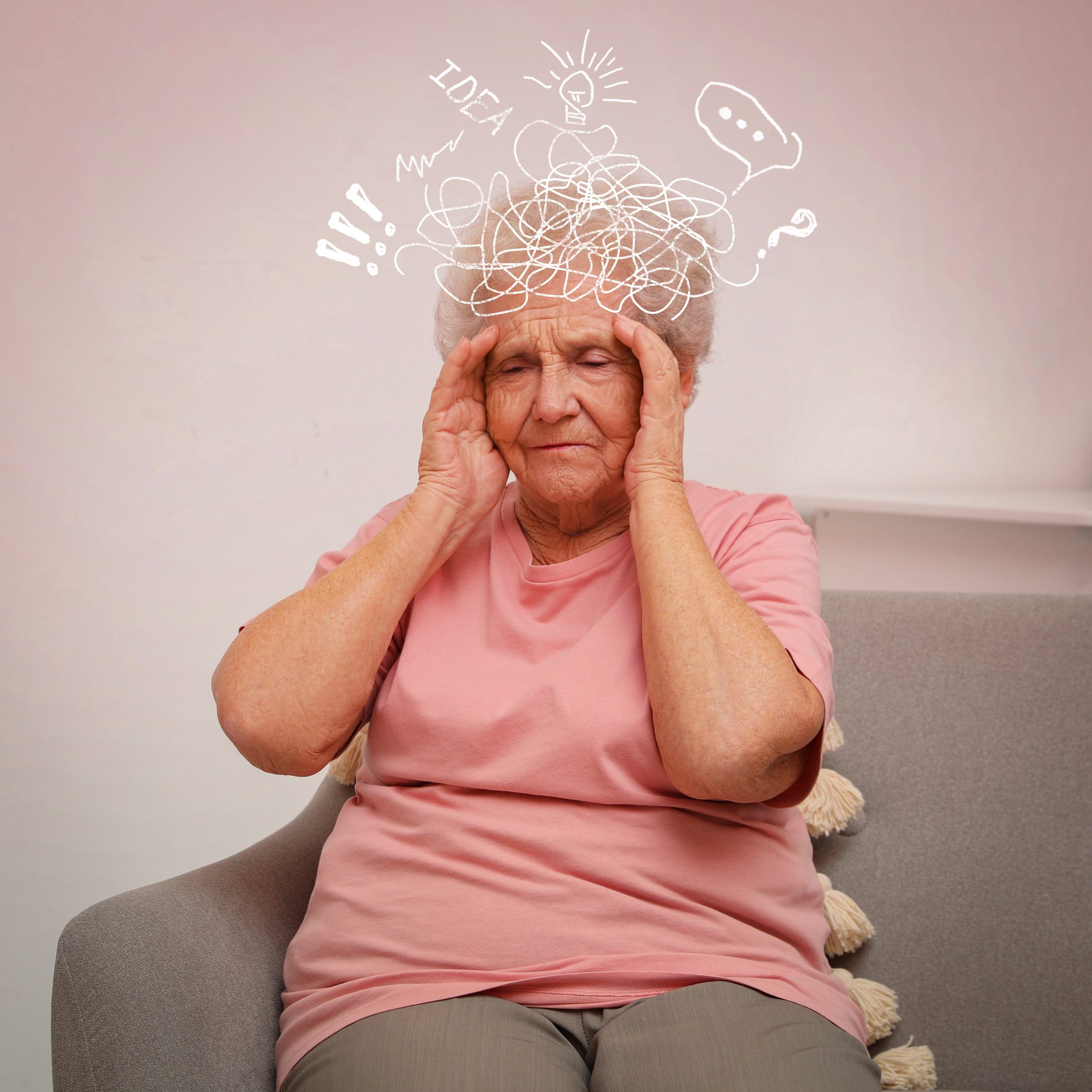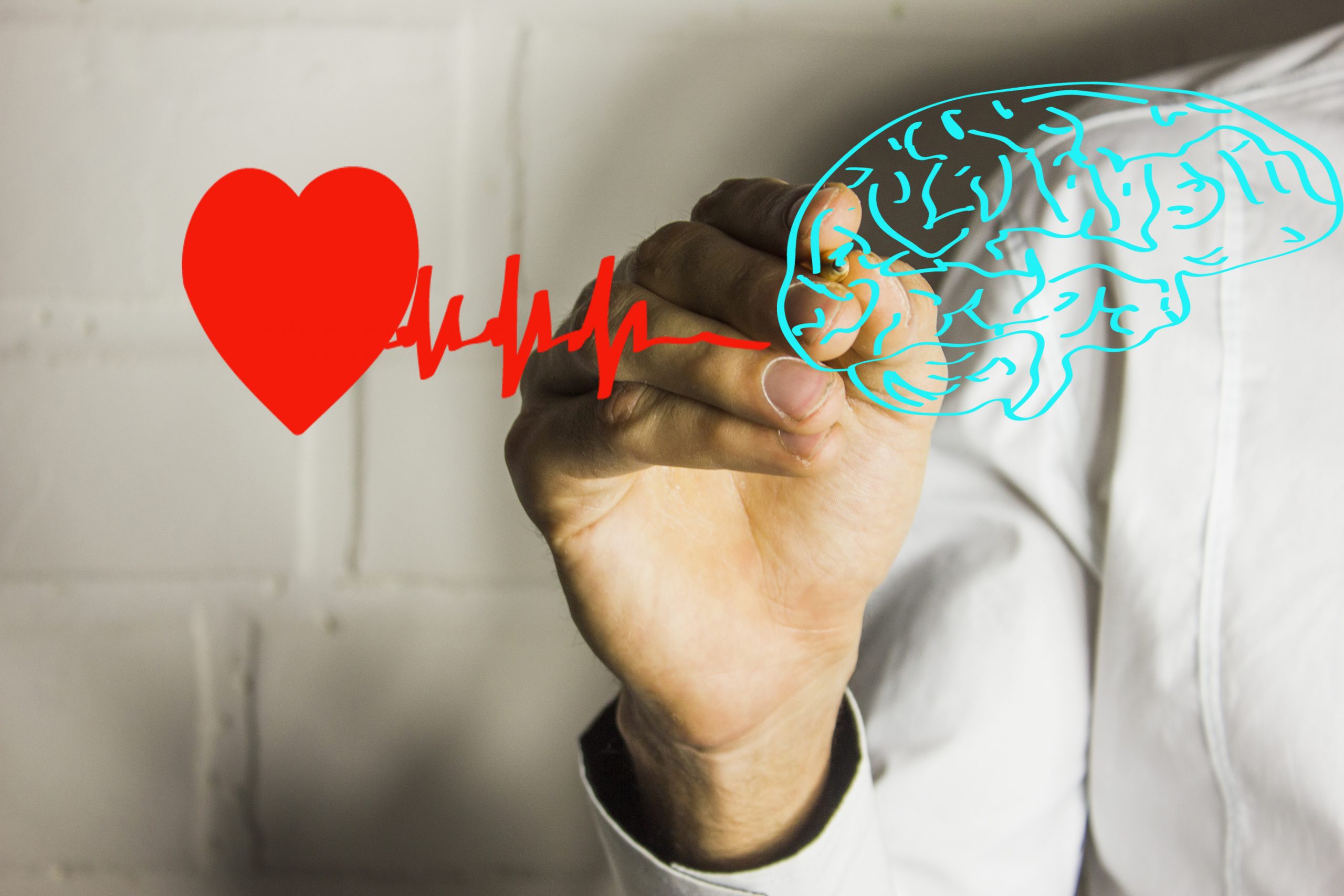Creativity is a unique and valuable trait that allows us to think outside the box, generate new ideas, and find innovative solutions to problems. While we often associate creativity with artistic endeavors, it plays a crucial role in various aspects of life, including problem-solving, decision-making, and personal expression. Interestingly, there is a strong connection between brain health and creativity. In this article, we will explore how brain health influences creativity and discuss strategies to nurture and enhance our creative potential.
- Neuroplasticity: The brain’s ability to adapt and reorganize itself, known as neuroplasticity, is closely linked to creativity. Neuroplasticity allows the brain to form new connections and pathways, enabling us to think creatively and approach challenges from different perspectives. By maintaining a healthy brain through activities that promote neuroplasticity, such as learning new skills or engaging in mental exercises, we can enhance our creative thinking.
- Cognitive Flexibility: Cognitive flexibility refers to the ability to switch between different mental tasks, ideas, or concepts. It is a fundamental aspect of creativity, as it allows us to generate diverse ideas and explore multiple solutions. Brain health plays a crucial role in maintaining cognitive flexibility, and practices such as mindfulness meditation, cognitive training exercises, and exposure to new experiences can help foster this ability.
- Enhanced Problem-Solving Skills: Creative thinking often involves finding novel solutions to problems. Brain health influences problem-solving skills by enhancing cognitive processes such as reasoning, critical thinking, and information processing. Engaging in activities that challenge the brain, such as puzzles, games, and brainstorming sessions, can sharpen problem-solving abilities and stimulate creative thinking.
- Emotional Regulation: Emotions and creativity are intricately linked. A healthy brain with effective emotional regulation allows individuals to manage and channel their emotions in productive ways. Emotional intelligence and awareness facilitate creative expression by providing a deeper understanding of oneself and others, leading to more authentic and innovative ideas. Practices like mindfulness, journaling, and self-reflection can support emotional regulation and nurture creativity.
- Improved Memory and Associative Thinking: Memory plays a crucial role in creativity, as it allows us to recall past experiences, knowledge, and insights that can be used in novel ways. A healthy brain with efficient memory functions supports associative thinking, the ability to connect seemingly unrelated ideas or concepts. Engaging in activities that stimulate memory, such as reading, learning new skills, and practicing mnemonic techniques, can enhance creative thinking.
- Reduced Cognitive Biases: Cognitive biases are inherent tendencies that influence our thinking and decision-making processes. They can restrict creative thinking by imposing limitations and preventing us from considering alternative perspectives. Maintaining brain health can help mitigate cognitive biases and open up possibilities for creative exploration. Techniques like deliberate brainstorming, feedback-seeking, and embracing diverse viewpoints can counter cognitive biases and promote creativity.
- Enhanced Divergent Thinking: Divergent thinking is the ability to generate multiple ideas or solutions from a single starting point. It is a key component of creativity, allowing us to explore a wide range of possibilities. A healthy brain supports divergent thinking by facilitating cognitive flexibility, information retrieval, and associative thinking. Engaging in activities that encourage divergent thinking, such as brainstorming, mind mapping, and creative exercises, can strengthen this aspect of creativity.
- Reduced Stress and Anxiety: Chronic stress and anxiety can hinder creative thinking by narrowing focus and limiting cognitive resources. Brain health influences our response to stress and anxiety, and practicing stress management techniques like exercise, relaxation exercises, and mindfulness can alleviate these negative effects and create a conducive environment for creative thinking.
- Environmental Stimulation: Brain health is not solely dependent on internal factors but also influenced by external stimuli. Providing an environment that fost












